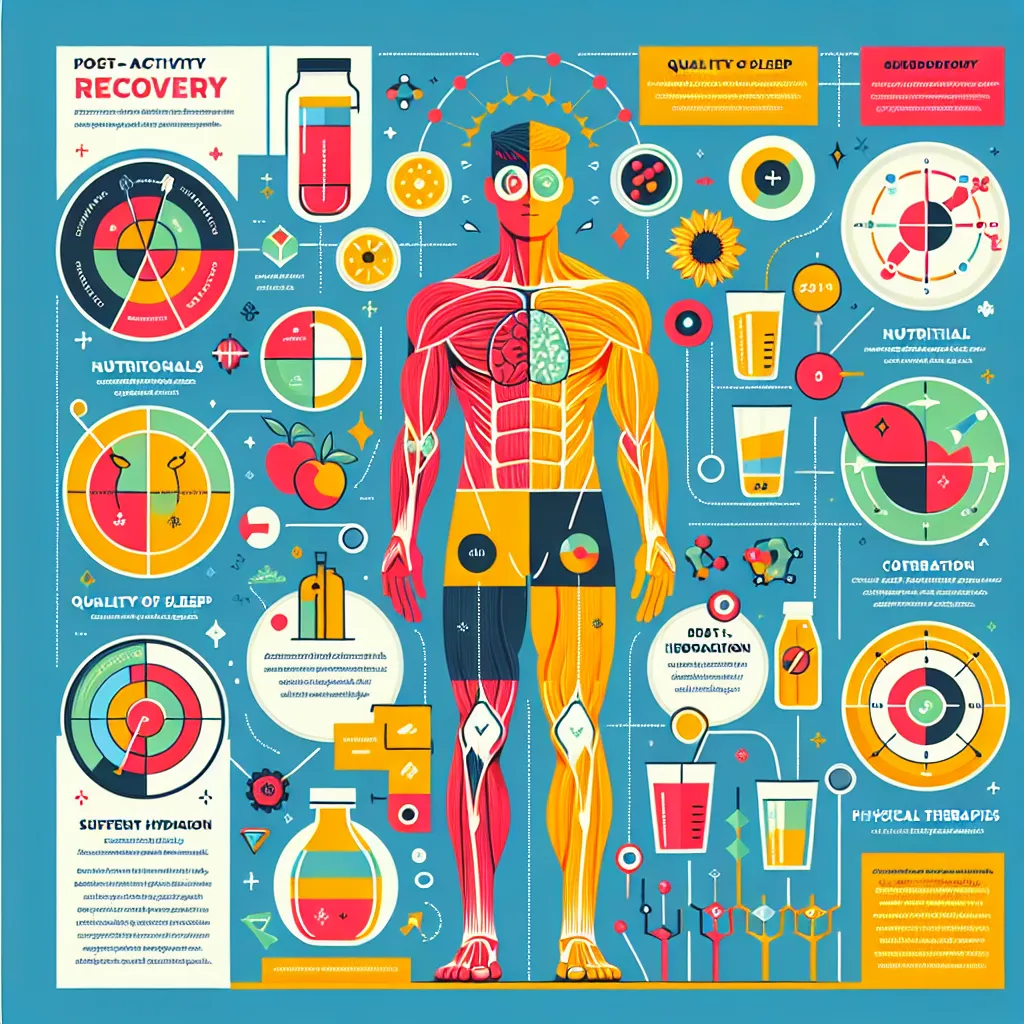Athlete recovery is a crucial aspect of sports performance that IELTS candidates should be familiar with. Let’s explore this term and related vocabulary to enhance your language skills for the IELTS exam.
Introduction to ‘Athlete Recovery’
Definition: Athlete recovery refers to the process of restoring and regenerating an athlete’s body after intense physical activity or competition.
Part of Speech: Noun phrase
Pronunciation: /æθˈliːt rɪˈkʌvəri/
1. Context and Usage of ‘Athlete Recovery’
Examples in Context
-
Proper athlete recovery is essential for maintaining peak performance throughout a competitive season.
Analysis: This sentence emphasizes the importance of recovery in an athlete’s overall performance, using “proper” to stress the need for correct recovery methods. -
The team’s physiotherapist designed a comprehensive athlete recovery program to prevent injuries and fatigue.
Analysis: Here, “athlete recovery” is used in conjunction with “program,” indicating that it’s a structured approach implemented by professionals. -
Studies show that sleep plays a crucial role in athlete recovery, affecting both physical and mental restoration.
Analysis: This example links “athlete recovery” with sleep, highlighting a specific aspect of the recovery process. -
Many professional sports teams now invest heavily in athlete recovery technologies to gain a competitive edge.
Analysis: This sentence demonstrates the growing importance of recovery in professional sports, linking it to technological advancements. -
The coach emphasized the importance of nutrition in athlete recovery, recommending a balanced diet rich in proteins and antioxidants.
Analysis: Here, “athlete recovery” is connected to nutrition, showcasing another critical aspect of the recovery process.
Common Contexts
Athlete recovery is frequently discussed in sports science, physical therapy, and professional athletics. It’s often mentioned in relation to training schedules, nutrition plans, and injury prevention strategies.
Frequency in IELTS
This term and related vocabulary are moderately common in IELTS, particularly in:
- Reading passages about sports science or health
- Listening sections featuring interviews with athletes or coaches
- Writing Task 2 essays on topics related to sports and health
- Speaking Part 3 discussions about fitness and athletic performance

2. Vocabulary Analysis
Word Structure
- Athlete: from Greek ‘athletes’ meaning ‘contestant in games’
- Recovery: from Latin ‘re-‘ (again) + ‘coverare’ (to recover)
Synonyms and Antonyms
Synonyms:
- Sports rehabilitation
- Athletic restoration
- Performance recuperation
Antonyms:
- Athletic strain
- Sports fatigue
- Physical exhaustion
3. Memorization Techniques
Mind Map
Create a mind map with ‘Athlete Recovery’ at the center, branching out to related concepts such as:
- Nutrition
- Sleep
- Hydration
- Massage
- Ice baths
- Stretching
- Mental relaxation
Storytelling Technique
Imagine an Olympic swimmer named Alex. After an intense race (athletic performance), Alex follows a strict recovery routine: drinking a protein shake (nutrition), taking an ice bath (physical therapy), and then having a nap (sleep). This routine helps Alex recover faster and prepare for the next race.
4. Practice Exercises
Application Exercise
Write a paragraph about the importance of athlete recovery in team sports. Use at least three of the following terms:
- Recovery strategies
- Muscle fatigue
- Overtraining
- Performance enhancement
- Injury rehabilitation program
IELTS-style Question
Writing Task 2:
Some people believe that professional athletes should focus more on training than on recovery. To what extent do you agree or disagree with this statement?
In your response, consider:
- The balance between training and recovery
- The impact of sports psychology coaching on athlete performance
- Long-term effects on an athlete’s career
5. Conclusion
Understanding the concept of ‘athlete recovery’ and its related vocabulary is crucial for IELTS success, especially when discussing sports and health topics. This knowledge not only enhances your language skills but also provides valuable insights into the world of professional athletics.
We encourage you to practice using these terms in your writing and speaking. Try creating sentences or short paragraphs incorporating ‘athlete recovery’ and related vocabulary. Share your examples or any questions you have about this topic in the comments below!